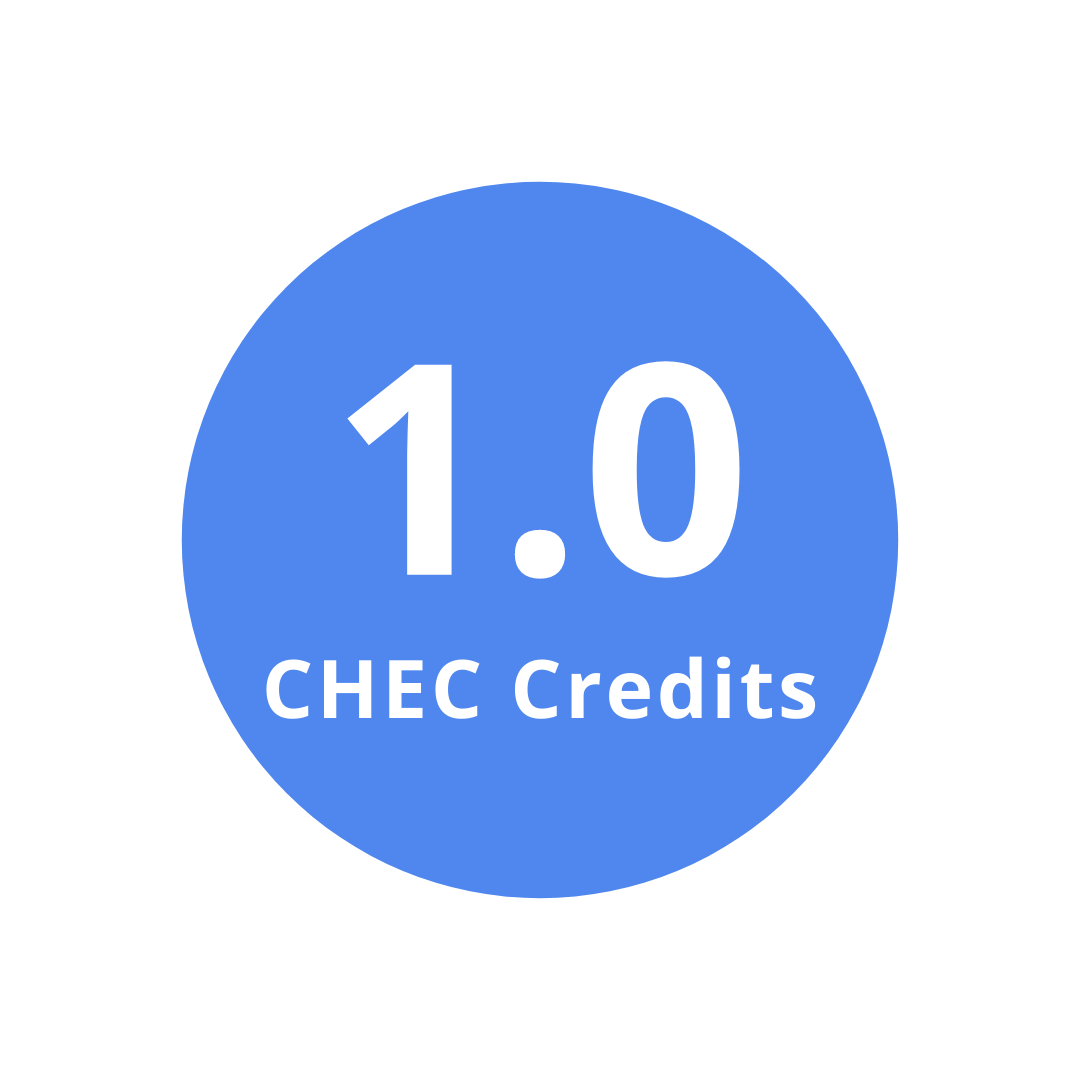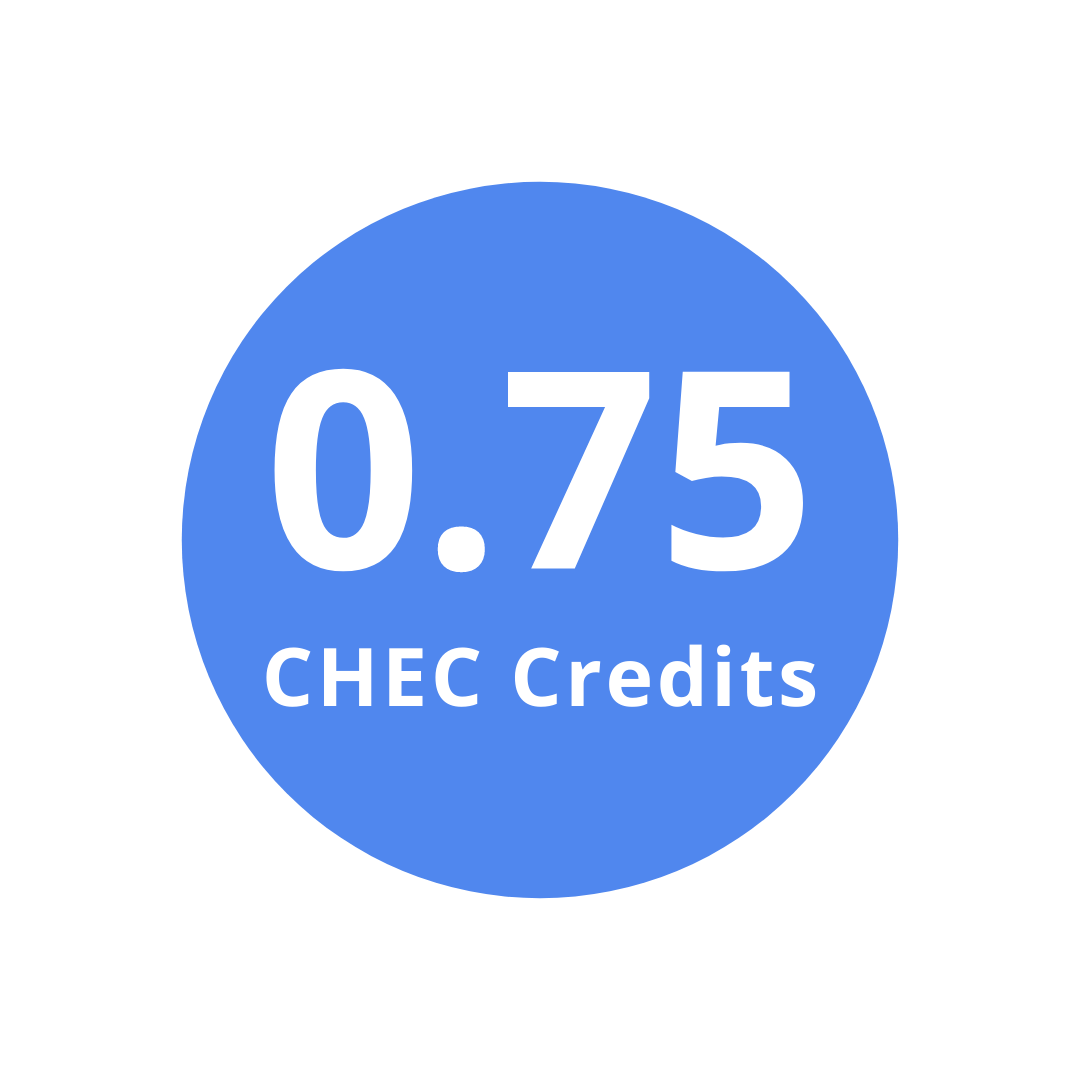
SOPHE 2021dX Plenaries
- Registration Closed
SOPHE 2021dX Plenaries
This bundle includes all five plenaries from SOPHE 2021dX.
- Opening Plenary and SOPHE Welcome
- Plenary 2: Leading the Way: Response to the COVID-19 Pandemic
- Plenary 3: James F. and Sara T. Fries Foundation and CDC Foundation Award and Lecture Supported by the CDC Foundation.
- Plenary 4: Advancing the Health Literacy Agenda
- Plenary 5: Whole School, Whole Community, Whole Child Framework: Challenges and Future amidst COVID-19
-
Contains 3 Component(s), Includes Credits
Opening Plenary and SOPHE Welcome
1.00 Advanced
11:00 AM
11:10 AM
SOPHE Welcome
Elaine Auld, MPH, MCHES® and Darcy Scharff, PhD
11:10 AM
11:20 AM
Greetings
Dr.
Alex Garza
MD, MPH
11:20 AM
11:50 AM
Presidential Address - Advancing Implementation Science with a Health Equity Perspective
Dr.
Cam Escoffery
PhD, MPH, CHES®
11:50 AM
12:20 PM
Dismantling Racism - The Health Educator’s Role in Achieving Health Equity of the Nation
Dr.
Camara Phyllis Jones
MD, PhD, MPH
12:20 PM
12:40 PM
Forward through Ferguson
Bethany Johnson-Javois
MSW
12:40 PM
12:55 PM
Q&A
Q&A
12:55 PM
1:00 PM
Closing
Closing
Learning Objectives:
1. Recognize how health education can learn from global health experiences to reduce disparities.2. Describe the steps health educators can take to reduce individual and structural racism in the clinical, public health, and educational settings.
3. Appreciate the barriers to a local change in social determinants to achieve equity 4. Recognize the important steps to achieve equity in one local community.
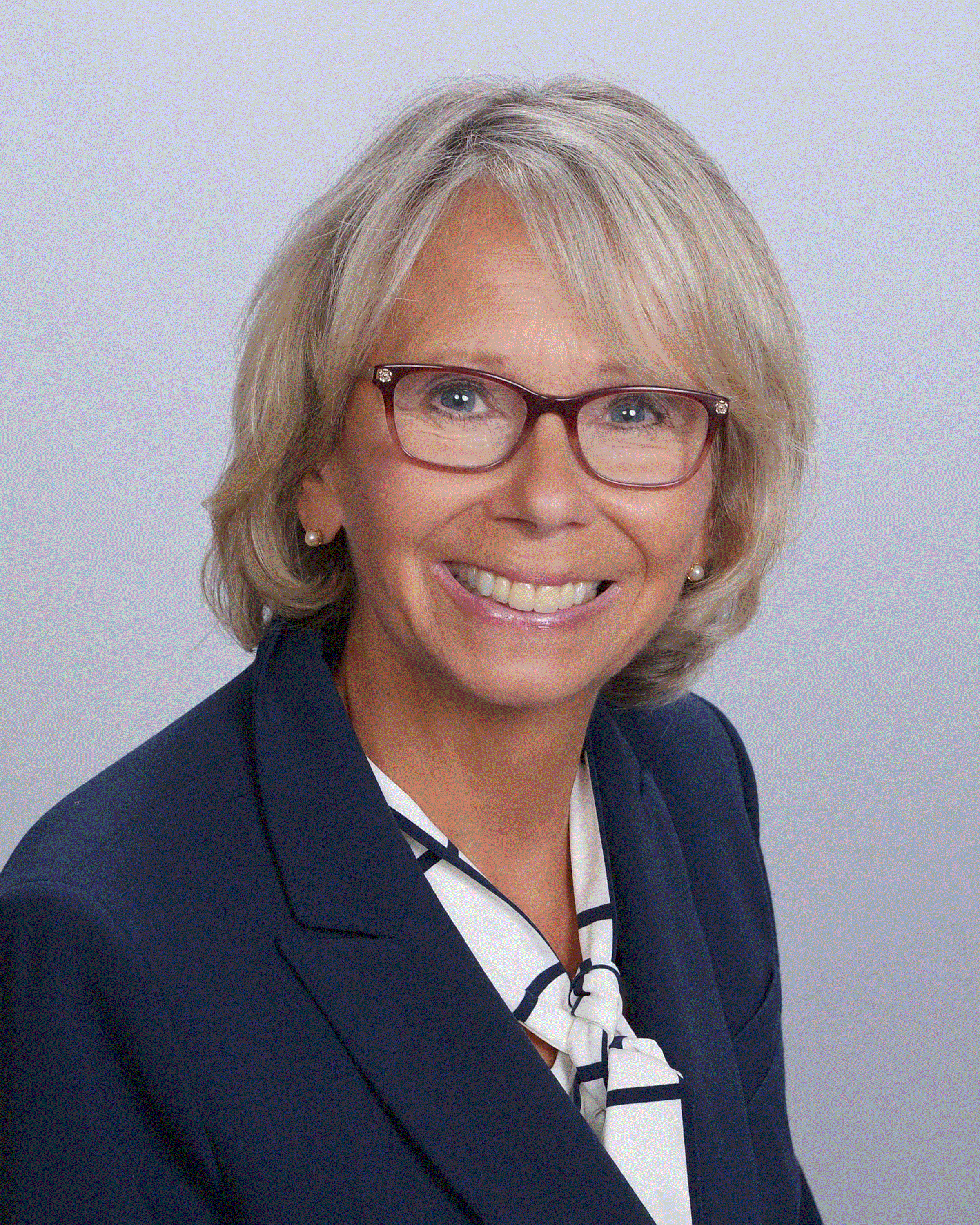
Elaine Auld, MPH, MCHES
Society for Public Health Education
M. Elaine Auld, MPH, MCHES, is the chief executive officer, emerita, for the Society for Public Health Education (SOPHE). As SOPHE’s chief executive officer from 1995 to 2021 she oversaw the organization’s portfolio in professional preparation, professional development, research, publications, and advocacy. Over her more than 40-year career, Ms. Auld has published some 50 journal articles and book chapters on the profession’s role in community and school health education, health equity, national and international workforce development, and public policy. With regard to the Whole School, Whole Community, Whole Child model, Ms. Auld was principal investigator on several Centers for Disease Control and Prevention cooperative agreements that provided training and materials development for professionals, promoted the model as part of the National Task Force on the Future of School Health Education, and helped establish SOPHE’s School Health Teacher Education Standards used in credentialing.
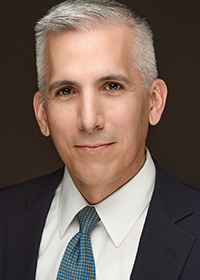
Alex Garza, MD, MPH
As Chief Community Health Officer, Alexander Garza, MD, is responsible for deepening SSM Health’s focus on social determinants of health, equity and social justice, as well as supporting the work of SSM Health’s transition to population health.
Dr. Garza has decades of experience in public health, quality and safety and policy development. He has organized and led SSM Health’s overall response to the COVID-19 pandemic before assuming the role of Incident Commander for the St. Louis Metropolitan Pandemic Task Force, overseeing the region’s coordinated response efforts.
Dr. Garza became Chief Community Health Officer in August 2020, after serving as Chief Medical Officer since 2018, overseeing quality, patient safety, clinical analytics. Prior to this role, he served as SSM Health’s Chief Quality Officer, as well as Chief Medical Officer for the St. Louis region.
Board-certified in emergency medicine, Dr. Garza has over 13 years practicing and teaching in higher education. Before joining SSM Health, he was an Associate Dean and Professor at the Saint Louis University College of Public Health and Social Justice. He has published numerous scientific papers on original research in peer reviewed journals and lectured nationally and internationally.
Previously, he served as Assistant Secretary and Chief Medical Officer to the U.S. Department of Homeland Security. He legislated health, medical and biodefense authority for the DHS and played a critical role in protecting the US from threats of terrorism. Dr. Garza is also a Colonel with over 20 years of service in the US Army Reserves. He is a veteran of Operation Iraqi Freedom and serves as the Command Surgeon for the 352 Civil Affairs Command. He has received numerous awards for his service including the Bronze Star and the Combat Action Badge.
Dr. Garza received a bachelor’s degree in biology from the University of Missouri – Kansas City, a medical degree from the University of Missouri – Columbia and a master’s degree in Public Health from Saint Louis University.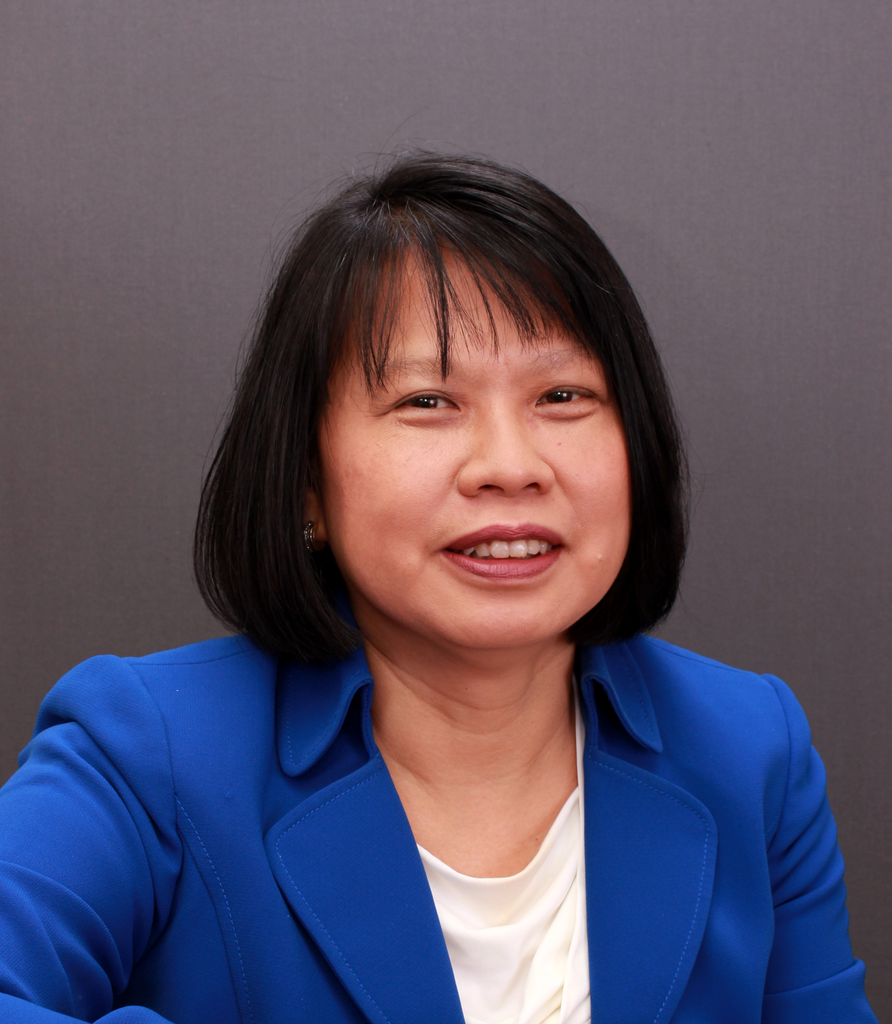
Cam Escoffery, PhD, MPH, CHES®
Professor
Emory University- Rollins School of Public Health
Dr. Escoffery is a Professor in the department of Behavioral, Health, and Social Sciences at the Rollins School of Public Health at Emory. She has studied cancer prevention and control and the uptake of evidence-based interventions for over 15 years. She is the PI of the Emory Cancer Prevention and Control Research Network which is exploring multilevel interventions to increase HPV vaccination among rural residents in GA. She is active in SOPHE at the state and national level.
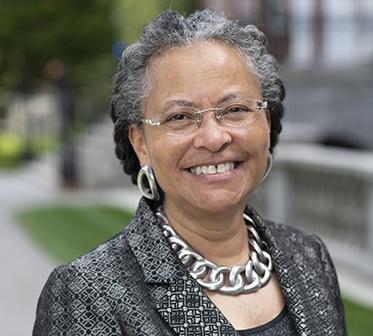
Camara Phyllis Jones, MD, PhD, MPH
Camara Phyllis Jones, MD, MPH, PhD is a family physician and epidemiologist whose work focuses on the impacts of racism on the health and well-being of the nation. She seeks to broaden the national health debate to include not only universal access to high-quality health care but also attention to the social determinants of health (including poverty) and the social determinants of equity (including racism).
As a methodologist, she has developed new methods for comparing full distributions of data, rather than simply comparing means or proportions, in order to investigate population-level risk factors and propose population-level interventions. As a social epidemiologist, her work on "race"-associated differences in health outcomes goes beyond documenting those differences to vigorously investigating the structural causes of the differences. As a teacher, her allegories on "race" and racism illuminate topics that are otherwise difficult for many Americans to understand or discuss. She hopes through her work to initiate a national conversation on racism that will eventually lead to a National Campaign Against Racism.
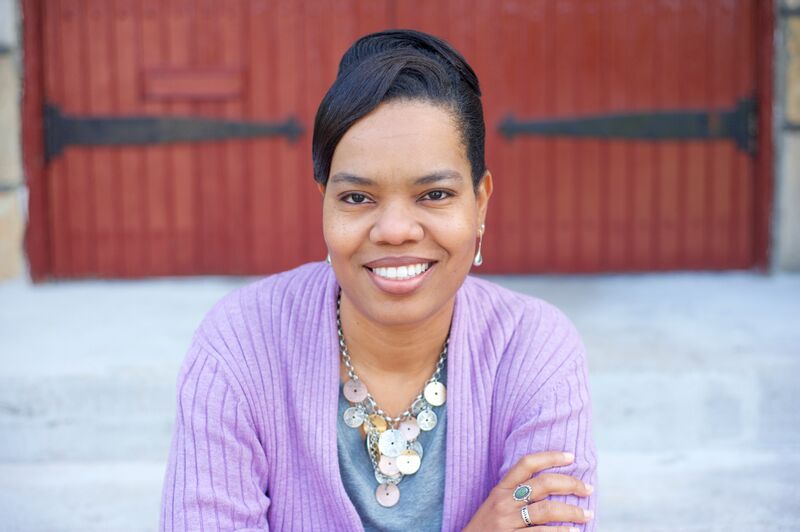
Bethany Johnson-Javois, MSW
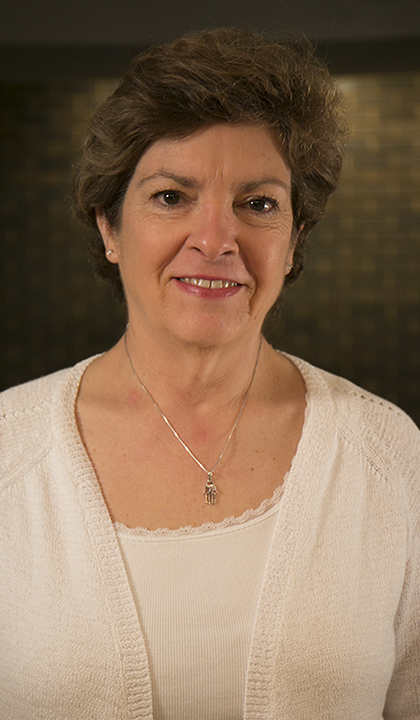
Darcy Scharff, PhD
Professor, Director of Public Health Practice
Saint Louis University
Dr. Scharff has spent the majority of her academic public health career working with and in the community to help support their work in improving public health. She works with several local public health organizations to support them in organizational management and public health actions, including strategic planning, board development, grant reviews, assessment, planning, and evaluation. She directs the Office of Public Health Practice that assures that students and faculty have opportunities to work with and in the community on public health practice and practice-based research. She currently works with Generate Health, a non-profit organization with a goal of eliminating disparities in infant mortality, serving on committees and reviewing grants. In addition, she supports Nurses for Newborns, an agency that provides home visitation for pregnant and postpartum women, by evaluating their program and serving on the research advisory board. Finally, she is a co-developer with the St. Louis City and County health departments on a jointly formed academic health department that assures collaboration between the organizations in areas of research, policy, workforce development, and student training with the goal of improving the public health infrastructure.
-
Contains 3 Component(s), Includes Credits
Plenary 2: Leading the Way: Response to the COVID-19 Pandemic
0.75 Advanced
Learning
4:45 PM
4:50 PM
Moderator
Dr.
Raffy Luquis
PhD, MCHES®
4:50 PM
5:00 PM
Acceptance of the SOPHE Honorary Fellow Award This award is SOPHE’s highest recognition to a non-member. It honors an individual who has made significant and lasting contributions to health education and the public’s health.
Dr. Fauci
5:00 PM
5:30 PM
Leadership and Learnings from the Pandemic
Laura Kaiser
MBA, MHA, FACHE
5:30 PM
5:45 PM
Q&A
Dr.
Raffy Luquis
PhD, MCHES®
5:45 PM
6:00 PM
Come and join us for the Awards Ceremony and Student Edu-thon Award Winners Announcement
Dr.
William Potts-Datema
DrPH, MCHES®
6:00 PM
6:15 PM
Closing Remarks/Summary
Raffy Luquis
PhD, MCHES®
Learning Objectives
1. Describe characteristics of bold leadership.
2. Discus the important role of stakeholders and partners in developing a response to the pandemic.
3. Articulate the important role of health educators as leaders in order to communicate facts in a culturally relevant and truthful way, especially during a pandemic.
4. Discuss the role of ethics in leadership during public health emergencies.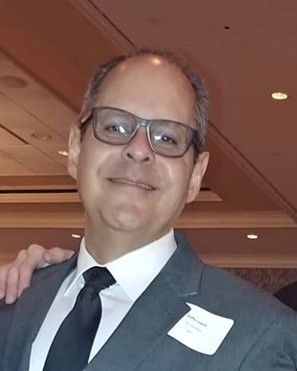
Raffy Luquis, PhD, MCHES® (Moderator)
Associate Professor, Health Education
Penn State Harrisburg
Raffy R. Luquis is an associate professor of health education in the School of Behavioral Sciences and Education at Penn State Harrisburg. Dr. Luquis also serves as the professor-in-charge of the of the health education master’s degree and the program coordinator for the biobehavioral health undergraduate’ degree. Dr. Luquis has a broad background in health education and health promotion. His primary teaching and research interests are cultural competency and multicultural health, health promotion, and human sexuality. He earned the certified health education specialist credential in 1995 and the master certified health education specialist credential in 2011 from the National Commission for Health Education Credentialing in 2011. He served in the SOPHE Board of Trustees from 2016-2020.
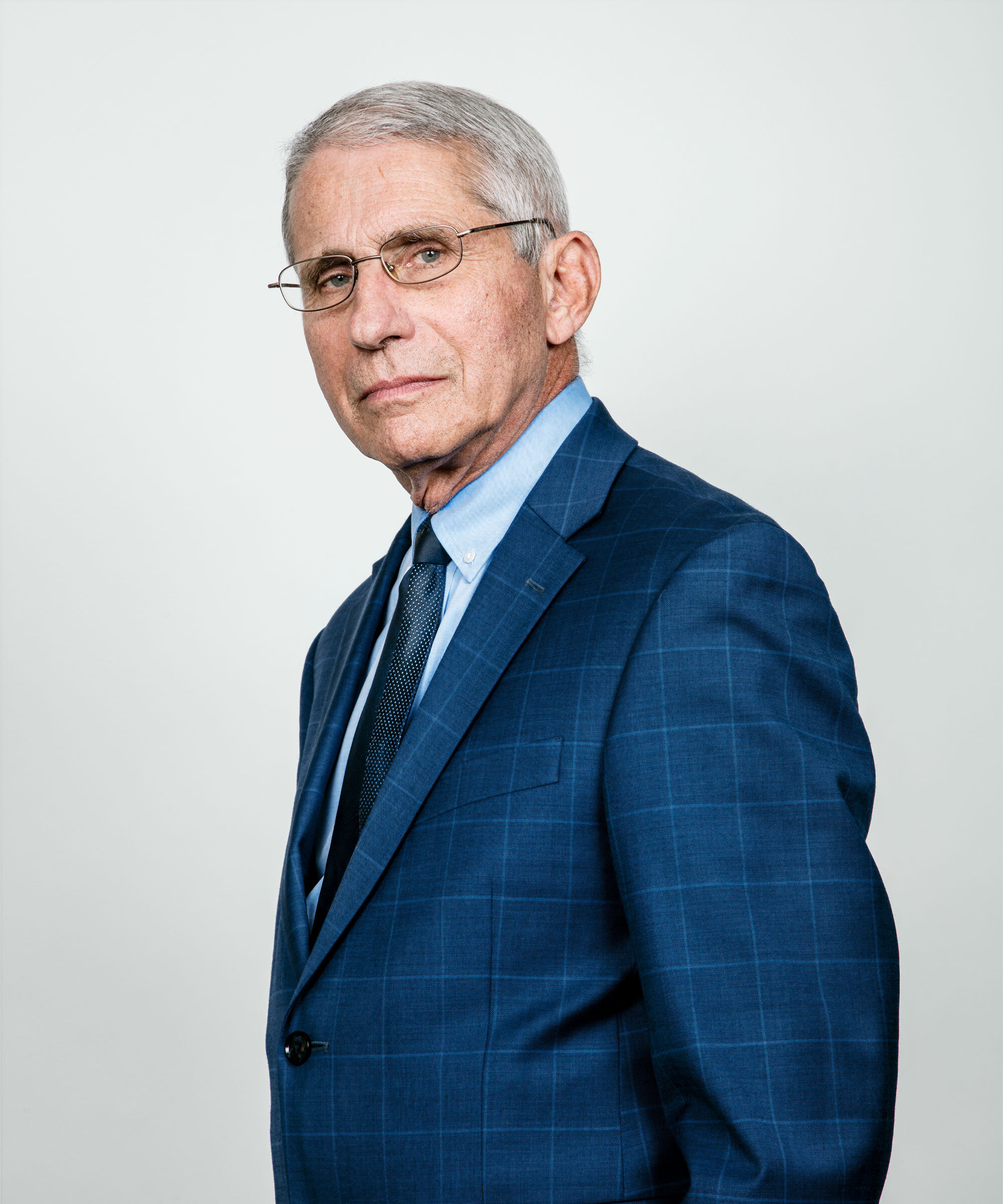
Dr. Fauci
Physician-scientist & Immunologist
Anthony Stephen Fauci is an American physician-scientist and immunologist who serves as the director of the U.S. National Institute of Allergy and Infectious Diseases and the chief medical advisor to the president.
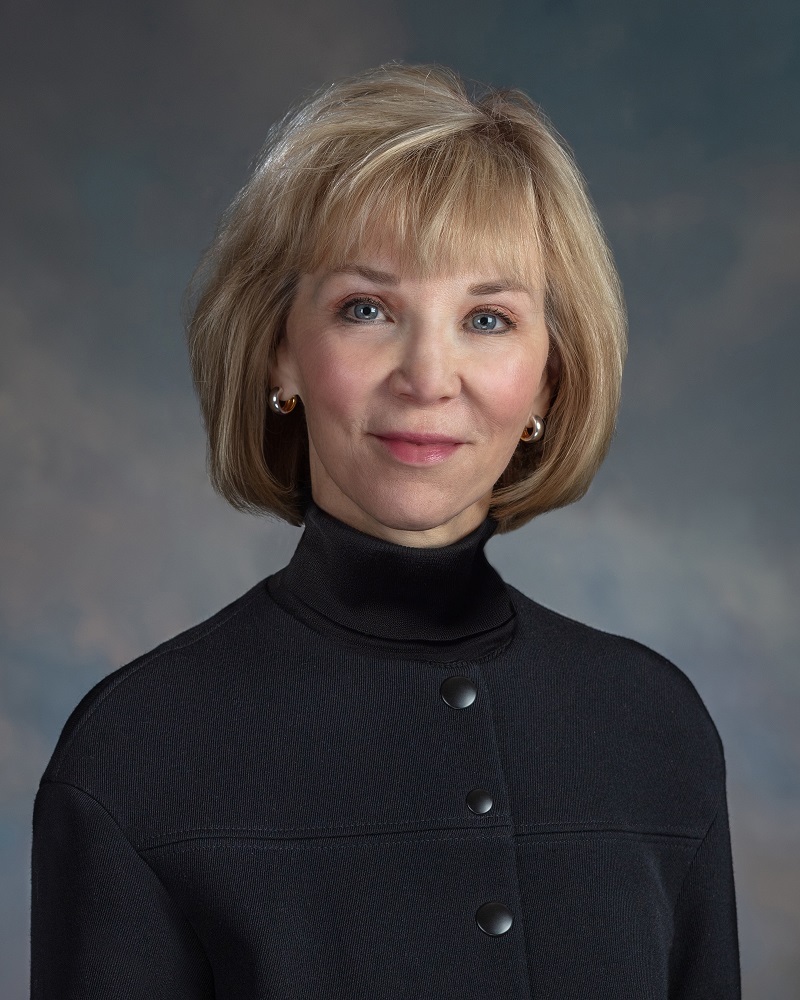
Laura Kaiser
MBA, MHA, FACHE
As President/Chief Executive Officer, Laura S. Kaiser, FACHE, leads SSM Health, a Catholic not-for-profit health system serving communities across the Midwest through a robust and fully integrated health care delivery system. Headquartered in St. Louis, SSM Health includes 23 hospitals, more than 290 physician offices and other outpatient and virtual care services, 10 post-acute facilities, comprehensive home care and hospice services, a pharmacy benefit company, a health insurance company and an accountable care organization. The 40,000+ employees and 11,000 providers at SSM Health are committed to delivering exceptional health care services and revealing God’s healing presence to everyone they serve. Ms. Kaiser joined SSM Health in May 2017, bringing 30+ years of experience in health care strategy, improving clinical quality, fueling innovation, driving performance and growth and leading change while fostering a healthy culture. Ms. Kaiser previously served as Executive Vice President and Chief Operating Officer for Intermountain Healthcare in Salt Lake City, UT. She also served at Ascension Health in a number of senior leadership roles including Regional Executive for the Gulf Coast/Florida region and President/CEO at Sacred Heart Health System in Pensacola, FL. Ms. Kaiser currently serves on several boards, including the Catholic Health Association, the Healthcare Leadership Council, Joint Commission Resources, Navitus Health Solutions, Nuance
Communications, Embold Health and the Scottsdale Institute. She earned a Bachelor of Science from the University of Missouri,
and a Master of Business Administration and Master of Healthcare Administration from Saint Louis University. Ms. Kaiser is a Fellow of the American College of Healthcare Executives, and has been named one of the “100 Most Influential People in Healthcare” by Modern Healthcare magazine for the past three years.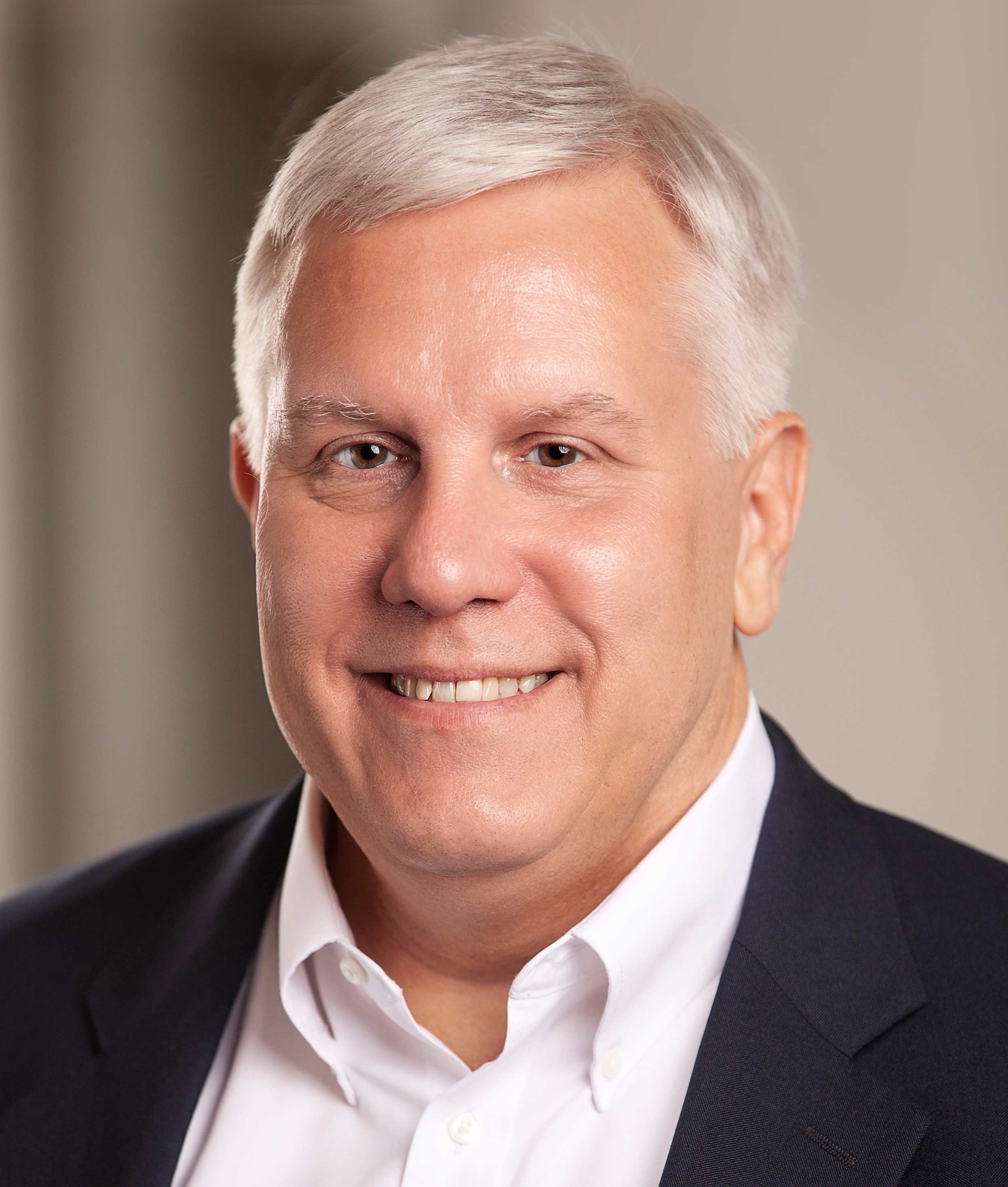
William Potts-Datema, DrPH, MS, MCHES®,
Interim Chief Executive Officer
Society for Public Health Education
Dr. William Potts-Datema currently serves as Interim CEO of SOPHE. He has served in education and public health for 42 years, including service from local to international levels. He has held several national leadership positions including Chief of the Program Development and Services Branch of the Centers for Disease Control and Prevention (CDC) Division of Adolescent and School Health, Director of Partnerships for Children’s Health at the Harvard T.H. Chan School of Public Health in Boston, Massachusetts, and Executive Director of the Society of State Leaders of Health and Physical Education in Washington, DC.
Bill serves as President of the Foundation for the Advancement of Health Education, Secretary-Treasurer of the National Parent-Teacher Association (PTA), and board member of Action for Healthy Kids, CATCH Global Foundation, and Missouri State University Alumni Association. He previously served on the international boards of ASCD (formerly, the Association for Supervision and Curriculum Development) and the International Union for Health Promotion and Education (IUHPE); the national boards of the American School Health Association (ASHA), American Association for Health Education (AAHE), National Commission for Health Education Credentialing, and SOPHE; and as chair of the national board and a founding board member of Action for Healthy Kids. He also currently serves as the United States representative for the UNESCO Chair – Global Health and Education.
He holds a Doctor of Public Health degree from the University of Georgia, and Master of Science and Bachelor of Science in Education degrees from Missouri State University. Bill has presented in 48 states and 12 other nations, and he has authored and contributed to several publications. He is a fellow of ASHA and AAHE and a member of Delta Omega national public health honorary society and Eta Sigma Gamma national health education honorary society.
-
Contains 3 Component(s), Includes Credits
Plenary 3: James F. and Sara T. Fries Foundation and CDC Foundation Award and Lecture
0.75 Advanced
A 1999 report issued by the National Institute of General Medical Sciences indicated that, in the prior year, of the 30,000+ research grants and contracts awarded by the NIH only 9 were led by American Indian or Alaska Native investigators. This presentation describes remarkable advances in increasing the representation of such scientists among those whose work is sponsored by the world’s leading biomedical research agency. It includes lessons learned and their extension to preparing an even wider array of underrepresented, disadvantaged researchers to successfully compete for support of their work and to become leaders in their respective fields.
1. Identify an effective mix of didactic and experiential methods by which to engage, retain, and equip early-stage investigators to pursue scientifically rigorous, cultural responsive public health research;
2. Recognize the knowledge, attitudes, behaviors, and skills that increase the likelihood of receiving support to undertake sponsored research, and
3. Broaden approaches to evaluating the processes and outcomes of successful research career development programs.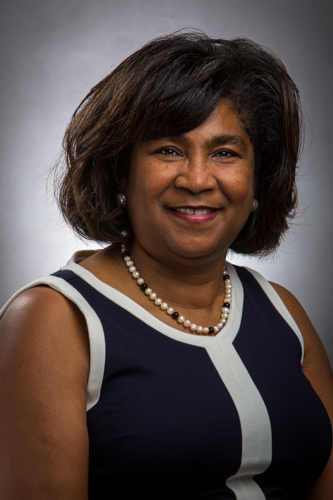
Dr. Deborah Fortune, Ph.D., CHES, FAAHE
Professor
North Carolina Central University
Deborah A. Fortune, Ph.D., MCHES, is an associate professor in the Department of Health Education at North Carolina Central University and is a Master Certified Health Education Specialist. Prior to her current position, Dr. Fortune was the director of the National HIV and CSHE Project with the American Association for Health Education. She has been a faculty member at the following institutions: East Tennessee State University, the University of North Carolina at Charlotte, and Marymount University.
Dr. Fortune received her B.S. degree in Biology from Mississippi University for Women, her M.S. degree in Community Health Education from the University of Southern Mississippi, and her Ph.D. in Public Health Education from the University of Tennessee, Knoxville.
Dr. Fortune has provided instructor training in comprehensive school health education (Growing Healthy curriculum and Teenage Health Teaching Modules), HIV/AIDS for African Americans, youth violence prevention, and cultural diversity in health education. Her research interests include HIV and sexual health among African American college women, youth violence prevention, professional preparation in health education, and faculty and youth mentoring. She has published and made numerous presentations on those topics.
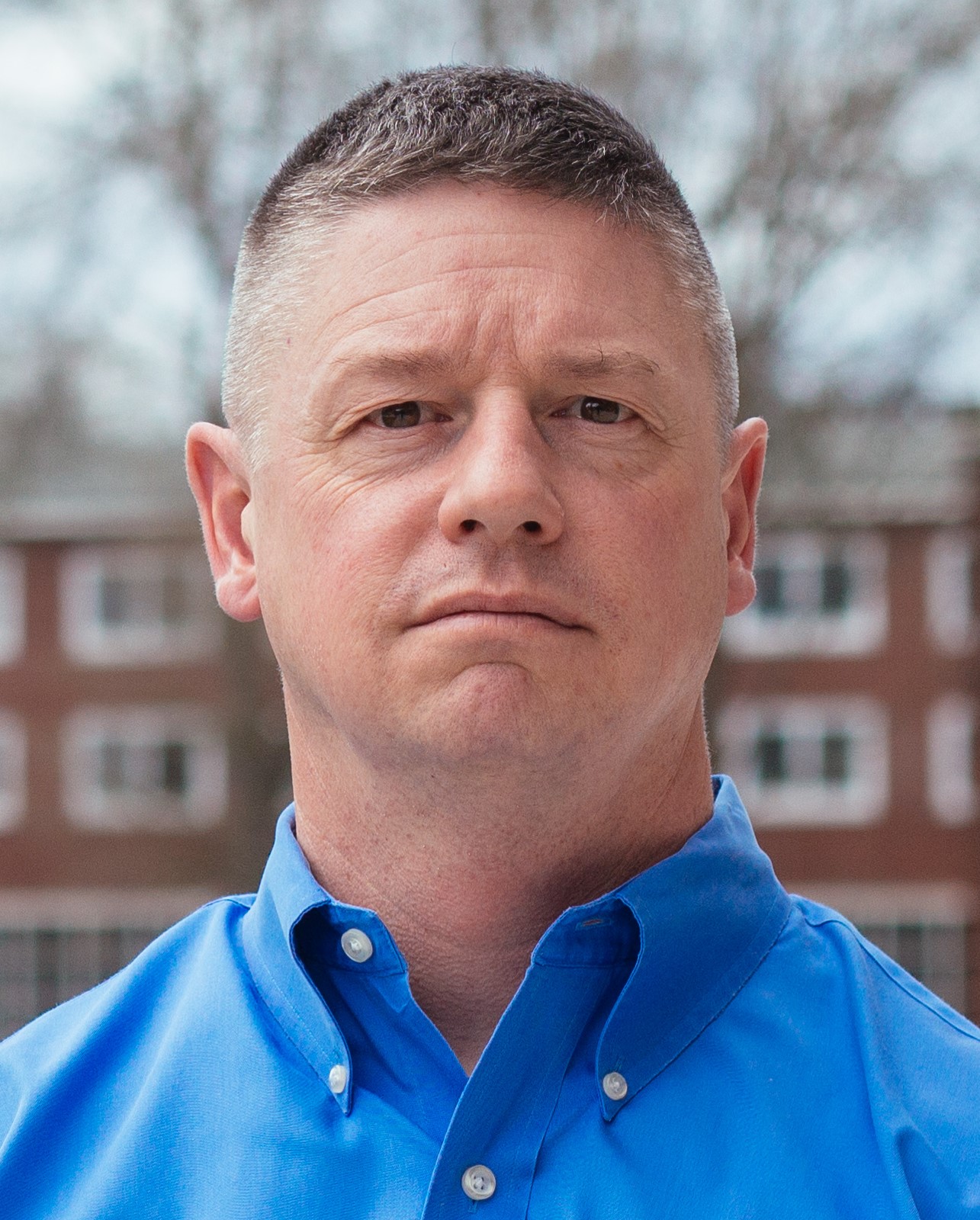
Viktor Bovbjerg
PhD
Viktor is on the Board of Directors of the James F and Sarah T Fries Foundation and is Professor of Epidemiology in the Oregon State University College of Public Health and Human Sciences.
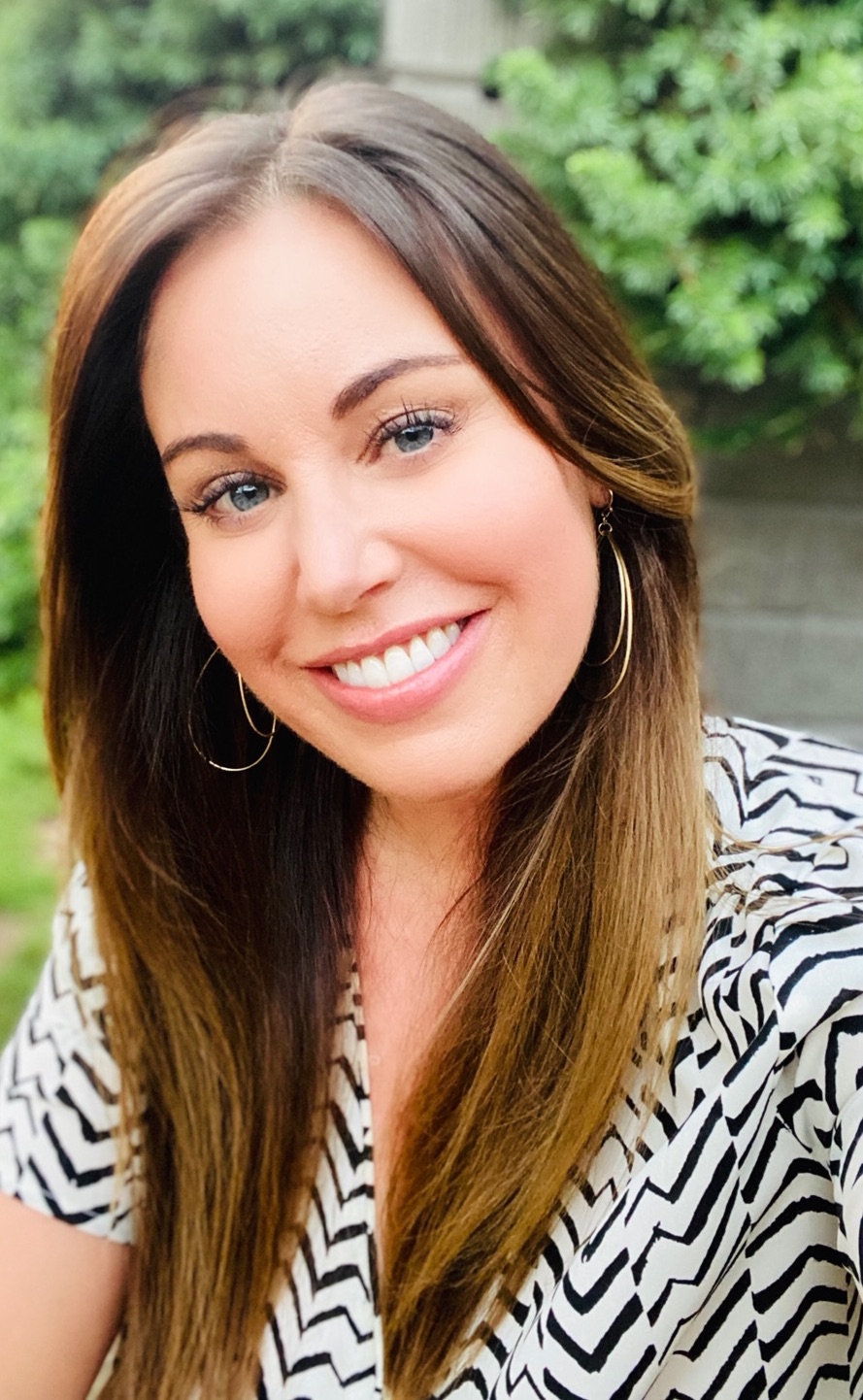
Valarie Blue Bird Jernigan
DrPH, MPH
Dr. Valarie Blue Bird Jernigan is an Indigenous (Choctaw) community-based participatory researcher, trained in intervention science, combining research with action for social change. Dr. Jernigan received her doctorate in public health from the University of California, Berkeley, and completed a postdoctoral fellowship in cardiovascular disease prevention at Stanford University, where she also completed a degree in documentary filmmaking. She has been the Principal Investigator or Co-Investigator on 10 National Institutes of Health-funded trials to improve Indigenous community health including the THRIVE study, the first randomized trial of healthy makeovers in tribally-owned convenience stores, and the FRESH study, a farm-to-school intervention to support food sovereignty in Osage Nation. Dr. Jernigan directs the Center for Indigenous Health Research and Policy at Oklahoma State University Center for Health Sciences where she is a Professor in the Department of Rural Health. In all of her work she has fostered long-term mutually beneficial relationships with Indigenous communities that promote tribal sovereignty and build the capacity of Indigenous communities to improve health.
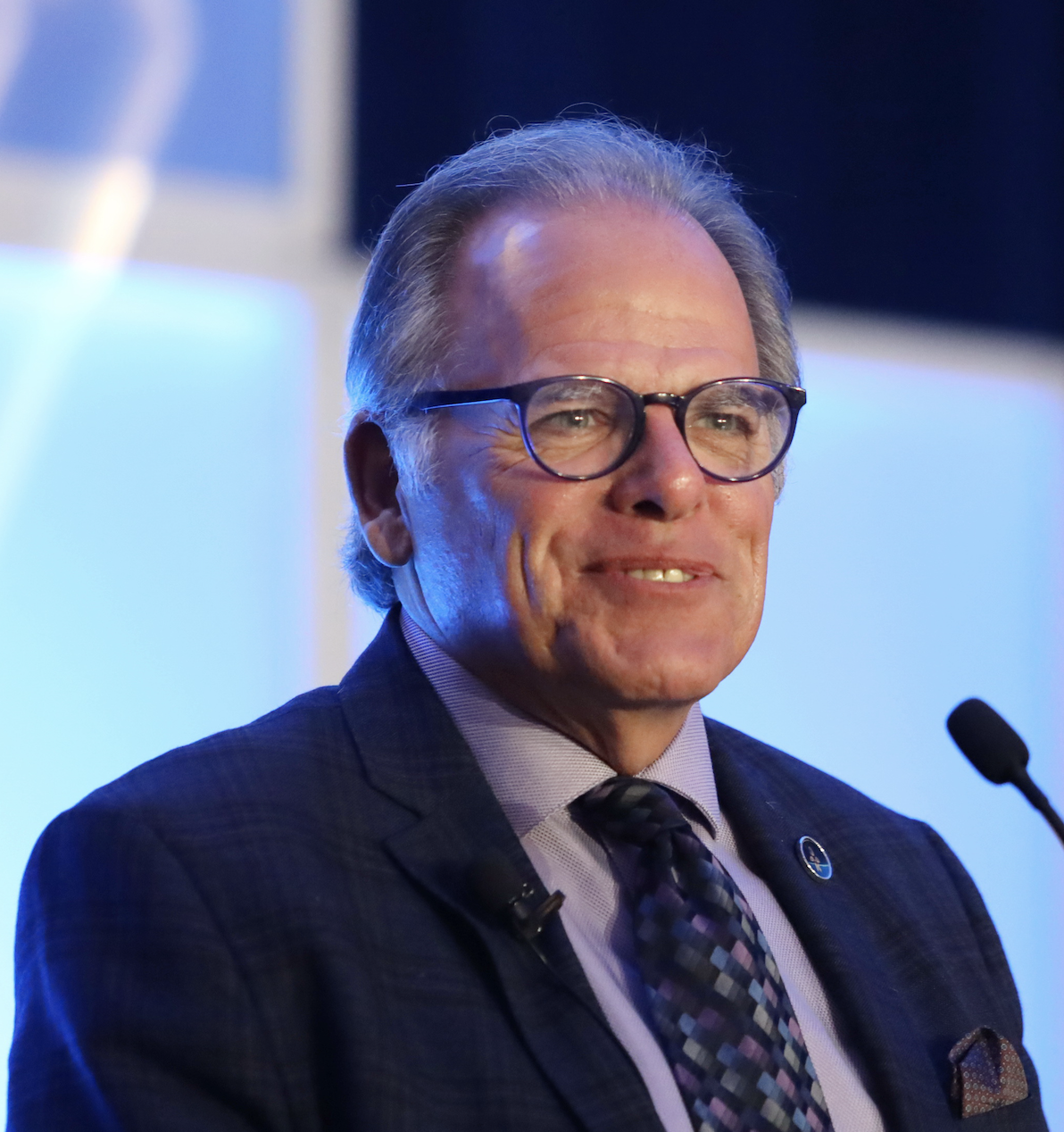
Spero Manson
PhD
Spero Manson, PhD, presents the effective mix of didactic and experiential methods to engage, retain and equip early-stage investigators to pursue scientifically rigorous, culturally responsive public health research.Manson has published 280 articles and book chapters on the assessment, epidemiology, treatment, and prevention of physical, alcohol, drug, and mental health problems over the developmental life span of Native people. Dr. Manson is widely acknowledged as one of the nation’s leading authorities regarding Indian and Native health.Manson is a distinguished professor at the Colorado School of Public Health and Department of Psychiatry, School of Medicine, Anschutz Medical Campus, University of Colorado in Aurora, Colorado.
-
Contains 3 Component(s), Includes Credits
Plenary 4: Advancing the Health Literacy Agenda
1.00 Entry
3:15 PM
3:20 PM
Moderator
Cindy Brach
3:20 PM
4:15 PM
Evidence-informed Public Health Practice and Social Determinants of Health
Dr.
Maureen Dobbins
3:20 PM
4:15 PM
Creating Health Communication Messages that Empower People
Dr.
Catina O'Leary
3:20 PM
4:15 PM
Creating Culturally-driven and Creative Messaging for Hispanic Audiences
José López Zamorano
Learning Objectives:
1. Identify at least three components of clear health communication to improve health outcomes.
2. Distinguish at least two different approaches to promote health literacy in communities with diverse populations.
3. Articulate creative continuing competency strategies to improve health outcomes.
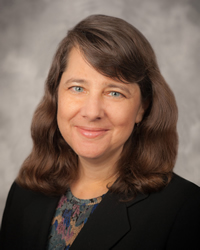
Cindy Brach, MPP
Senior Health Care Researcher
Agency for Health Care Research and Quality - U.S. Department of Health and Human Services
Cindy Brach is a Senior Health Care Researcher at the Agency for Health Care Research and Quality (AHRQ), part of the U.S. Department of Health and Human Services (HHS). Cindy is the Co-Chair of the HHS Health Literacy WorkGroups and served on the HHS Language Access Steering Committee. As the lead for AHRQ’s health literacy activities, Cindy’s projects have included the development of the AHRQ Health Literacy UniversalPrecautions Toolkit, CAHPS® Item Sets for AddressingHealth Literacy, AHRQ Informed Consent and AuthorizationToolkit for Minimal Risk Research, Making Informed Consent an InformedChoice: Training Modules for Health Care Leaders and Professionals, and the Patient Education MaterialsAssessment Tool (PEMAT).
Cindy is also AHRQ’s point person for cultural and linguistic competence and served on the National Project Advisory Committee to enhance the National Standards for culturally and Linguistically Appropriate Services. In addition to overseeing the development of the TeamSTEPPS Limited English Proficiency (LEP) Module, Cindy commissioned and co-authored the Re-engineered Discharge Toolkit to address the needs of diverse patients. Cindy served on the National Academy ofMedicine’s Roundtable on Health Literacy, where she led an effort to define the ten attributes of a health literate organization. Cindy is a founding Editorial Board member of the journal HLRP: Health Literacy Research and Practice. She is a frequent speaker at national conferences and on webinars and has published book chapters, blogs, and in journals such as Health Affairs, Journal of General internal medicine, Journal for Healthcare Quality, Journal of Health Communication, and medical care.
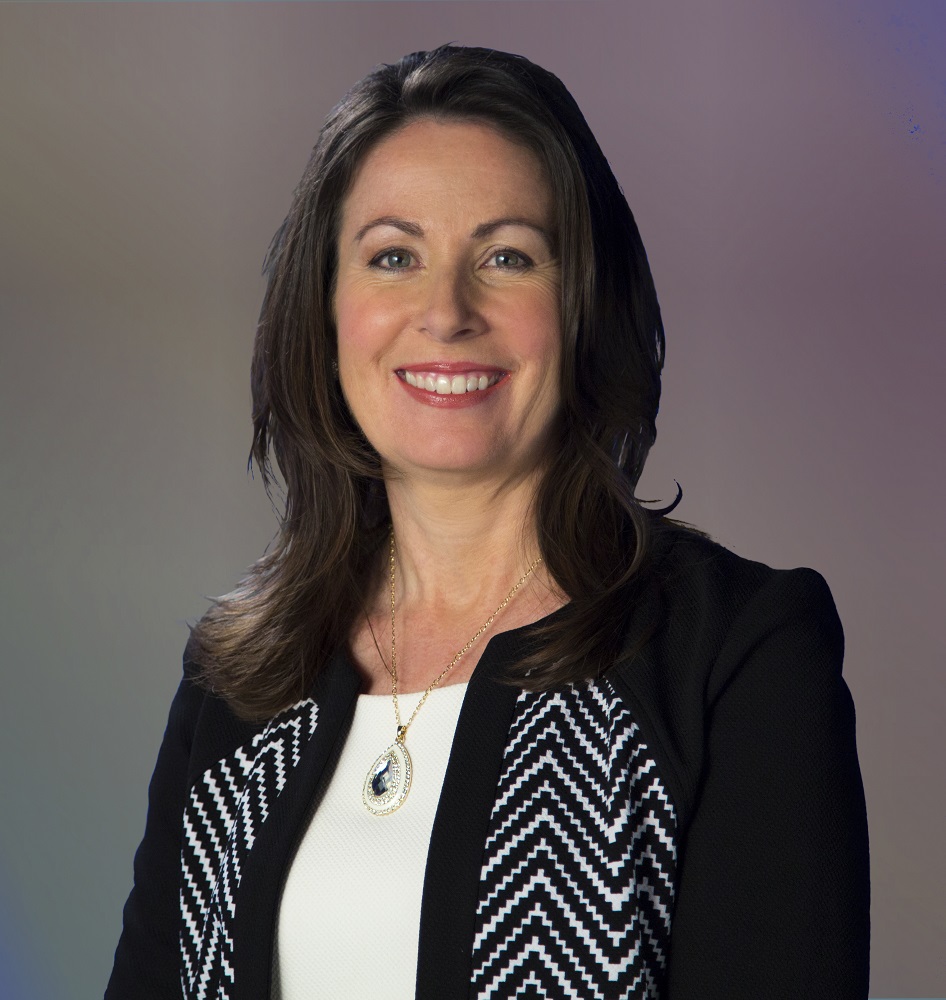
Maureen Dobbins
PhD
Maureen Dobbins joined the School of Nursing at McMaster University as an Assistant Professor in 1999. Currently a Professor, she holds cross appointments with the Department of Health Research Methods, Evidence, and Impact (HEI), the School of Rehabilitation Sciences, and the Masters of Science in eHealth program.Catina O'Leary
PhD, LMSW
O’Leary is president & CEO of Heath Literacy Media. She oversees core activities and works to set and maintain the strategic vision for the organization. O’Leary steered the organization onto the course of becoming a true partner to a broad spectrum of health care organizations around the world. A primary goal is to empower people with health information they can use.O’Leary believes in the concept of changing health behaviors to improve quality of life. For more than a decade, she led research at Washington University School of Medicine focused on connecting people at-risk for health conditions with medical and social resources aimed at improving health behaviors, preventing illness, and improving health and well-being. O’Leary is an active member of many boards and committees, including the International Health Literacy Association’s Standing Committee on Strategic Planning and Implementation and the National Academies of Sciences, Engineering, and Medicine’s Roundtable on Health Literacy.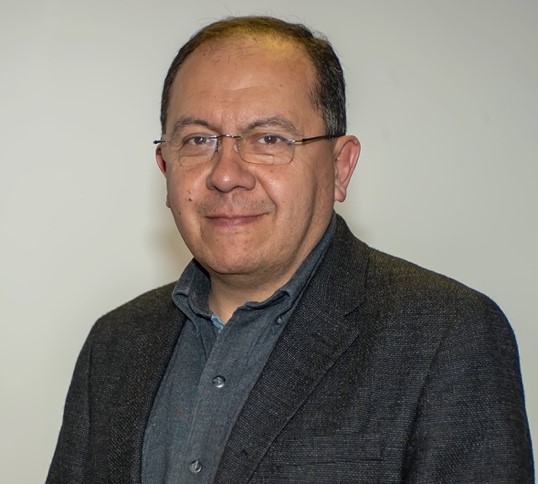
José López Zamorano
Vice President of Production
Hispanic Communications Network
Contact information: Jose.lopez@hcnmedia.com
José is the Vice President of Production at Hispanic Communications Network. He specializes in culturally driven creative, messaging and digital/traditional production elements that speak to the hearts and minds of Hispanic audiences. He has a large health portfolio within HCN’s social and health marketing practice, where he leads development in-culture and in-language digital, social, radio, video and earned media messaging and materials for government, nonprofit, CSR and private foundation clients/sponsors. José is also a well-known and credible voice among US Spanish-speaking communities. Known as “La Voz del Pueblo” (the voice of the people), he has 30+ years’ experience as a multimedia writer, journalist, reporter and radio personality.
José serves as the main creative lead, script writer and producer for HCN government and nonprofit clients prioritizing 65+ Hispanic audiences. He is also working with the CDC and National Association of Chronic Disease Directors (NACDD) on a digital campaign connecting Hispanic cancer survivors 65+ and caregivers with the CDC’s “Talk to Me” AI simulation. For the past 5 years, José has been working with the EPA Office of Pesticide Protection as part of a radio and digital campaign to create awareness among farmworkers on the updated Worker Protection Standards (WPS) and encourage reporting of exposures to the National Protection Information Center (NPIC). Through HCN’s partnership with UnidosUS (former NCLR) and Alzheimer’s Association, he also led creative on the development of Spanish-language multimedia materials on recognizing Alzheimer’s Disease. José is currently leading social media content for HRSA’s DonaciondeOrgaons.gov Facebook page.
During the pandemic, José is serving as the creative lead on a number of COVID-19 vaccine readiness and response multimedia outreach initiatives engaging Hispanic 65+ communities: 1) HHS-ASPA on the COVID-19 Public Education Campaign engaging diverse Hispanic populations on prevention and vaccine readiness, which includes digital, social, TV, radio and print executions; 2) Robert Wood Johnson Foundation to address the “infodemic” by providing timely and fact-based Spanish-language updates via popular digital and radio channels; and, 3) the League of United Latin American Citizens (LULAC) and PhRMA on addressing economic and health hardships during the pandemic.
José is a, graduate Universidad Nacional Autónoma Metropolitana (UNAM), México City, with a BA in, Social Communications & Journalism.
-
Contains 3 Component(s), Includes Credits
Plenary 5: Whole School, Whole Community, Whole Child Framework: Challenges and Future admist COVID-19
1.00 Advanced
The COVID-19 pandemic has posed unprecedented challenges and strains on federal, state, and local K-12 education systems, teachers, students, parents, the allied health/social services staff, and related community organizations and businesses. In addition to educational schedules being periodically disrupted due to high COVID positivity rates, teachers, students, and parents have been thrust into virtual learning environments with little preparation. Low-income and minority students have been disproportionately impacted (e.g. no training, insufficient bandwidth, and little preparation) while students with social and emotional issues and special learning needs have been denied access to comprehensive services. Acute teacher shortages by grade level, subject matter, and geography have been further magnified by the pandemic. In our final plenary session, this panel presentation will explore the challenges and opportunities for the future of the Whole School, Whole Community, Whole Child framework presented by COVID-19, as well as policy, practice, and research recommendations in the context of a potential new hybrid model of education and at the dawn of new health and education leadership at the federal level.
2:35 PM
2:45 PM
FAHE Award Announcements
Dr.
Donna M. Videto, FAHE Vice President
PhD, MCHES®
2:45 PM
3:45 PM
Addressing System Issues to Advance Family, School and Community Engagement in Response to the COVID-19 Pandemic
Vito Borrello
2:45 PM
3:45 PM
Challenges Due to the COVID-19 Pandemic: Navigating Profound Learning Losses, Social and Emotional Learning and Health Inequities
Kayla Jackson
MPH
2:45 PM
3:45 PM
Exploring the New Hybrid Model of Education
Donna Harris-Aikens
JD
3:45 PM
3:50 PM
See you in 2022!
Dr.
Kirsten C. Rodgers, EdD, MSPH, MCHES®
EdD
3:50 PM
4:00 PM
Closing Remarks
Dr.
Deborah Fortune
PhD
Learning Objectives:
1. Explore the challenges and opportunities for the future of the Whole School, Whole Community, Whole Child framework presented by COVID-19.
2. Analyze policy, practice, and research recommendations in the context of a potential new hybrid model of education and at the dawn of new health and education leadership at the federal level.
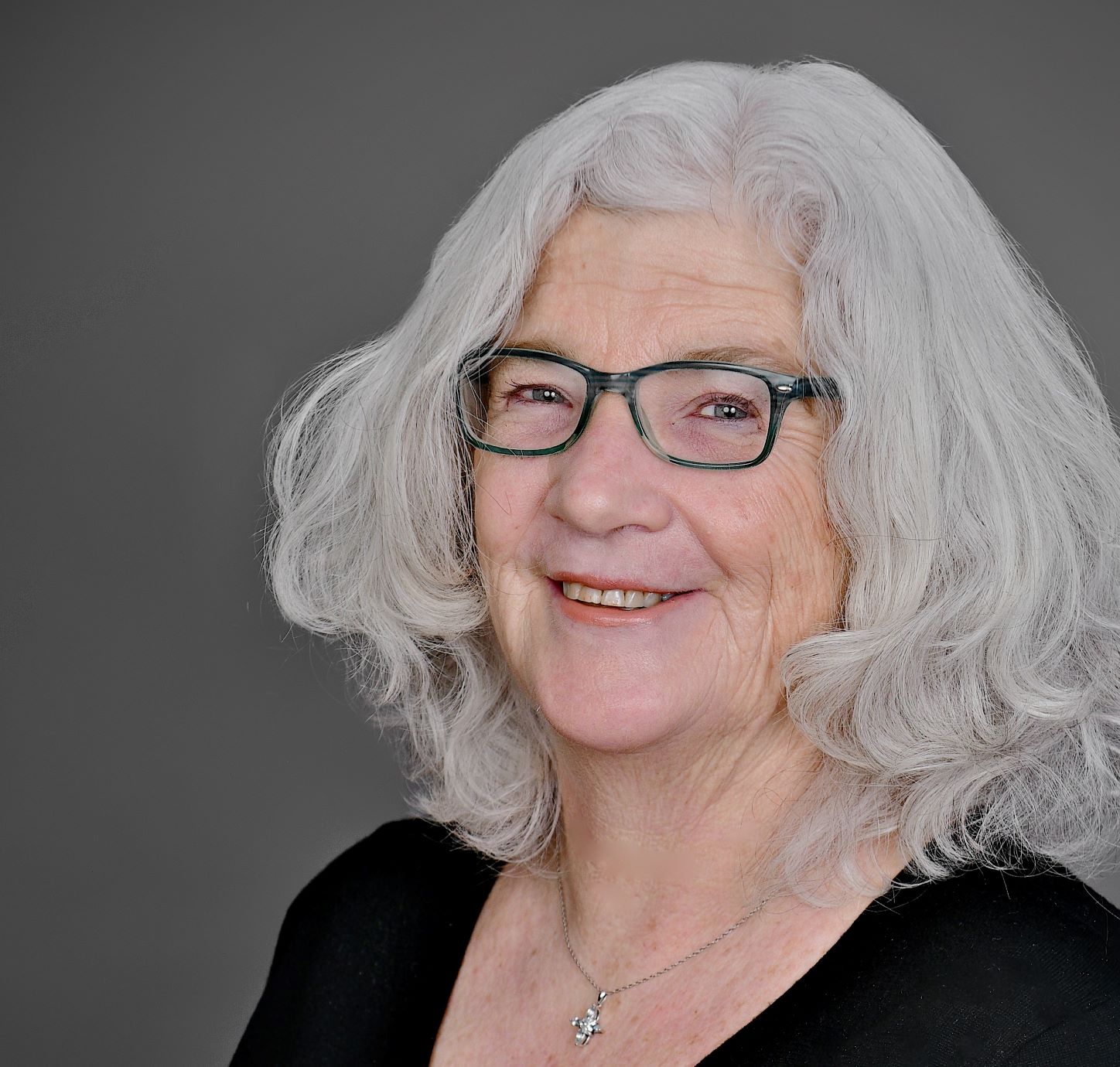
Rosemary Reilly-Chammat
EdD
Rosemary Reilly-Chammat, EdD, is the associate director of school health and extended learning in the Office of Student, Community and Academic Supports in the Rhode Island Department of Elementary and Secondary Education (RIDE). She has served in a variety of roles in RIDE over the past 10 years. In addition, she worked for 26 years in the Rhode Island Department of Health, leading a variety of efforts related to student health and health in schools. She is the past president of the Society of State Leaders of Health and Physical Education and is on the board of the American School Health Association (ASHA). She received an ASHA Fellow Award in 2021.
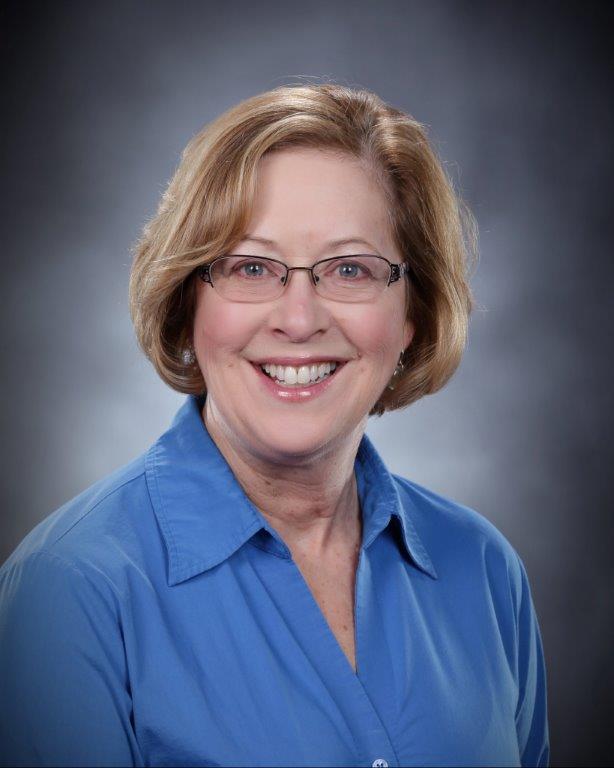
Donna M. Videto, PhD, MCHES®
Vice President
FAHE
Donna Videto, SUNY Distinguished Service Professor and Professor of Health, has worked in school health education and pedagogy for over 40 years. An AAHE Fellow and a CDC HECAT trainer, she is currently employed by SUNY College at Cortland where Donna teaches graduate and undergraduate students in health education. Donna has a number of national publications including Birch & Videto’s 2015 Promoting Health and Academic Success: The Whole School, Whole Community, Whole Child Approach. With over 150 national, regional and state level presentations at conferences and committee work for SOPHE, AAHE, and ASHA. Currently Donna serves as the Vice President of FAHE.
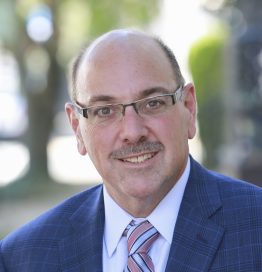
Vito Borrello
Executive Director
National Association for Family, School, and Community Engagement
Vito J. Borrello is the first Executive Director for the National Association for Family, School, and Community Engagement (NAFSCE), appointed in September 2014. Since its founding, NAFSCE has addressed systemic issues to advance family, school, and community engagement as a strategy for child development, student achievement, and school improvement. Initiatives include Reframing the Family Engagement Conversation and the establishment of the National Alliance for Family Engagement; the 18-state State Consortium on Family Engagement in partnership with the Council for Chief State School Officers; its Family Engagement Consortium on Pre-service Educator Preparation; and 2022 planning to establish the National Center for Family Math. Prior to his current position, Mr. Borrello served as the 19-year president of Every Person Influences Children, a New York-based organization providing parenting education, and family engagement in education programs. Current National Advisory Board Member roles include Scholastic and the Center for Education Equity. Recent previous national roles include membership on the National Family, School, and Community Engagement Working Group; and two completed terms as both an Appointed and At-Large Board Member for National PTA, where he also served on committees for finance, legislation, resource development, strategic planning, and leadership recruitment. He is co-founder and Chairman of Emeritus for the NY State Family Engagement Coalition.
Prior to his NAFSCE appointment, Mr. Borrello was Chairman of the NY State PTA Urban Initiatives Task Force, Steering Committee member of the NY State Parenting Education Partnership, and a past appointee to NY State Education Department workgroups for Teacher Standards, Striving Readers, and Safe Schools. In his home community of Western New York, Mr. Borrello is a past Board Member for the State University of NY at Buffalo's Alberti Center for Bullying Abuse Prevention; past Chairman for the Care Management Coalition of Western New York, and past Board member for Buffalo's Read to Succeed literacy initiative. He is a graduate of the Health Foundation for Western and Central New York Fellowship program and a 1998 graduate of Leadership Buffalo. Mr. Borrello has a Bachelor's Degree in Music Education from Wittenberg University and resides in East Amherst, New York with his wife, Maria. He has two daughters, Marisa, 28 and Samantha, 26. He commutes to NAFSCE’s Alexandria, Virginia office.
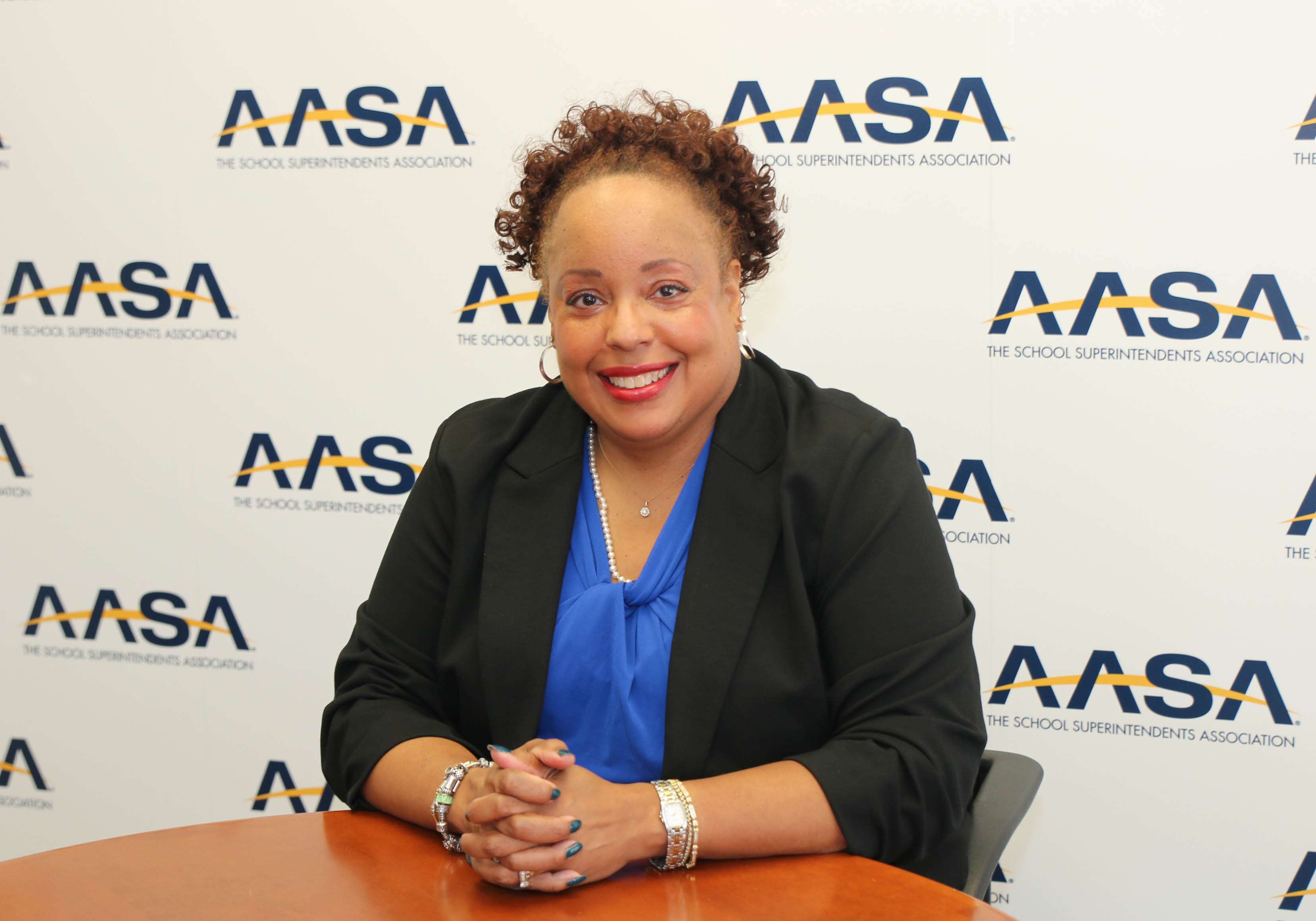
Kayla Jackson, MPH
Kayla Jackson is a Project Director at AASA. She joined the Children’s Program team in June 2011 to serve as the Project Director for the CDC-funded coordinated school health project, Strengthening School Administrator Support for Coordinated School Health. Prior to joining AASA, Jackson was the Vice President of Programs at the National Network for Youth where she had responsibility for all programmatic activities at NN4Y; two federal cooperative agreements; and the annual national membership conference. She has extensive background in women’s and adolescent health, particularly the health needs of women of color, youth, and youth at high risk for negative health outcomes related to reproductive health, breast cancer, mental health, and sexually transmitted infections/HIV. Jackson received her BA in English from Mount Holyoke College and an MPA from NYU.
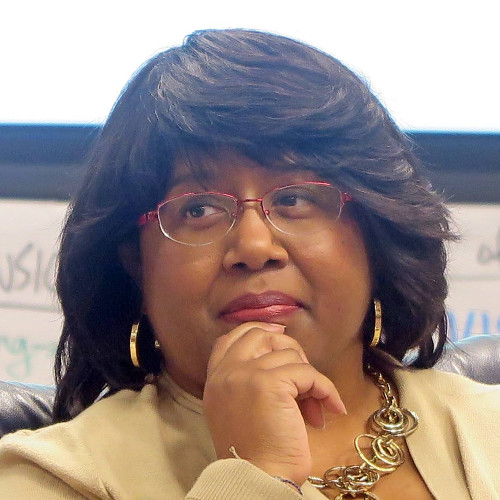
Donna Harris-Aikens, JD
Donna Harris-Aikens served as a member of the Education Agency Review Team for the Biden-Harris Transition and was a member of the Democratic National Convention Committee Platform Committee. She served as Senior Director for Education Policy and Practice at the National Education Association (NEA), where she advocated for students, educators, and working families to support equity and excellence in education, and to ensure working families had the right to organize and the opportunity to thrive in our global economy. Prior to joining NEA, Harris-Aikens served in leadership roles for the Service Employees International Union and Advance CTE and was an attorney in an education boutique law firm.
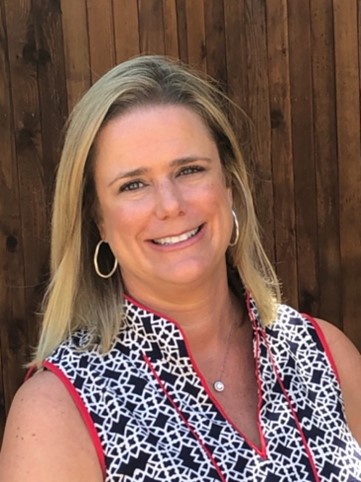
Dr. Kirsten C. Rodgers, EdD, MSPH, MCHES®
Educational Consultant
Proximate Learning, LLC
Dr. Kirsten Rodgers is an Educational Consultant with over fifteen years of experience teaching and developing instructional programs in public health. As Principal and Lead Consultant of Proximate Learning, LLC, she works with federal, state, and local agencies and academic institutions to develop educational programs for public health and healthcare professionals. She is a founding member of Pedagogy in Health Promotion and serves on two national boards that focus on professional development in public health. Currently, Dr. Rodgers contracts with the Center for Disease Control and Prevention to prepare current employees and fellows for the public health workforce. She also contracts with non-profits and other national agencies to develop educational products and courses that focus on leadership, health equity, public-private partnerships, and community-level change theories in public health. Dr. Rodgers’ educational credentials include a doctorate in Health Education from Columbia University, 2010 and a Masters of Science in Public Health from the University of South Carolina, Arnold School of Public Health, 2003. She has been a Master Certified Health Education Specialist (MCHES) since 2011. From 2012-2015, she served as a faculty member at Emory University’s Rollins School of Public Health and in 2016, led the undergraduate public health program accreditation at Georgia College and State University where she was an Assistant Professor. She enjoys creating meaningful education that inspires students and professionals to thrive.

Dr. Deborah Fortune, Ph.D., CHES, FAAHE
Professor
North Carolina Central University
Deborah A. Fortune, Ph.D., MCHES, is an associate professor in the Department of Health Education at North Carolina Central University and is a Master Certified Health Education Specialist. Prior to her current position, Dr. Fortune was the director of the National HIV and CSHE Project with the American Association for Health Education. She has been a faculty member at the following institutions: East Tennessee State University, the University of North Carolina at Charlotte, and Marymount University.
Dr. Fortune received her B.S. degree in Biology from Mississippi University for Women, her M.S. degree in Community Health Education from the University of Southern Mississippi, and her Ph.D. in Public Health Education from the University of Tennessee, Knoxville.
Dr. Fortune has provided instructor training in comprehensive school health education (Growing Healthy curriculum and Teenage Health Teaching Modules), HIV/AIDS for African Americans, youth violence prevention, and cultural diversity in health education. Her research interests include HIV and sexual health among African American college women, youth violence prevention, professional preparation in health education, and faculty and youth mentoring. She has published and made numerous presentations on those topics.
